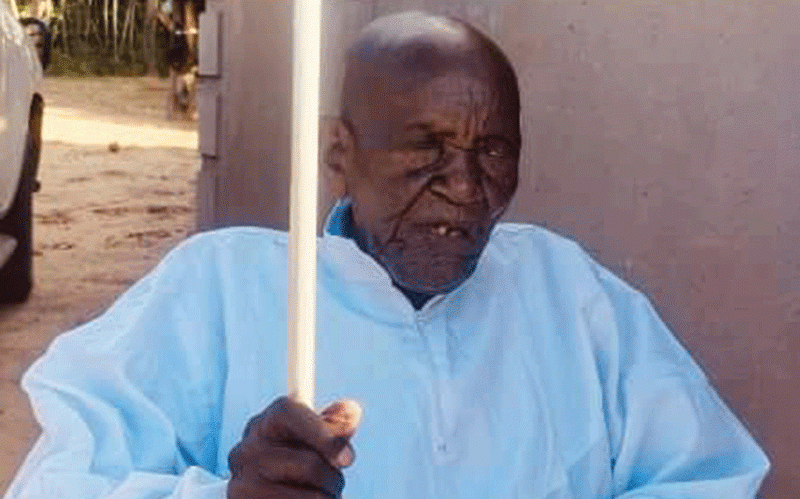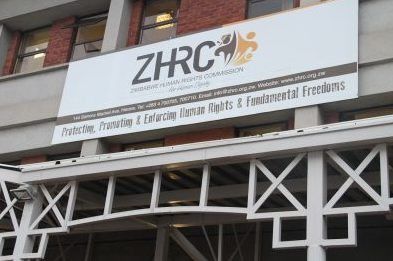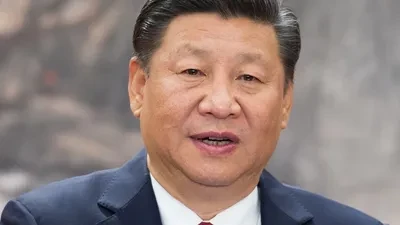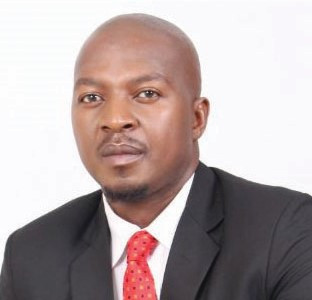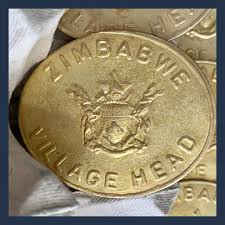
SOME village heads from Chivhu in Chikomba District, Mashonaland East province, have filed an appeal against a magistrate’s ruling that granted alleged illegal settlers a peace order against them earlier this year.
The village heads, who have been embroiled in a contentious dispute with the settlers, are seeking to overturn the decision, and that the matter be remitted to the civil court for a hearing before a different magistrate.
The alleged 11 illegal settlers had approached the courts alleging that the village heads were disturbing their peace.
Their applications for the peace order were granted by consent, a decision that the village heads claim was flawed.
In the application for review, filed at the High Court, the village heads, through their lawyer of Gama and Partners, allege that the magistrate exhibited bias in his judgment, pointing out that he granted the peace order while the other applicants were in default of attendance.
The appeal by the village heads is the latest development in a long-standing dispute over land ownership in Chivhu.
The village heads claim that the settlers were illegally sold the land by a local headman and chief, allegedly in collusion with some Zanu PF officials.
The dispute has escalated tensions between the village heads and the settlers, with the village heads seeking to evict the settlers and reclaim the land in another matter that is still pending at the High Court.
- Confusion rocks Zanu PF audit
- Communities change their ways to protect Zimbabwe’s rare cranes
- ‘Killer’ cops face grilling
- Confusion rocks Zanu PF audit
Keep Reading
In his founding affidavit, one of the village heads, Rugare Chikumbirike, argues that magistrate Thomas Gurajena, cited as the 12th respondent, erred by granting a peace order to applicants who were not in attendance.
“Firstly, judgment was granted to Lydia Sadza, the fifth respondent, who was in default at the hearing of the matter,” Chikumbirike said.
“It is grossly irregular for a court of law to grant judgment to a litigant who is in default. In addition to that, Ruramisai Madyongove and Chenjerai Descent were both in default.
“Two people purported to act for them in court. Sibusisiwe Madyongove, Ruramisai’s mother, appeared in court and claimed to be Ruramisai Madyongove before taking oath in court.
“We objected to her criminal conduct, but the 12th respondent (Gurajena) did not even ask for her identity document. He told us to report the matter to the police if we were aggrieved, but that again is not captured in the record.”
Chikumbirike claimed the village heads were denied an opportunity to cross-examine the applicants.
“Having received oral evidence from the first to 11th respondents (albeit in a grossly irregular manner), it was grossly irregular for the court a quo (lower court) to deny the applicants an opportunity to cross-examine the first to 11th respondents,” he said.
“Once a person gives oral evidence against another person in court, the other person has an automatic right to cross-examine his accuser.”

